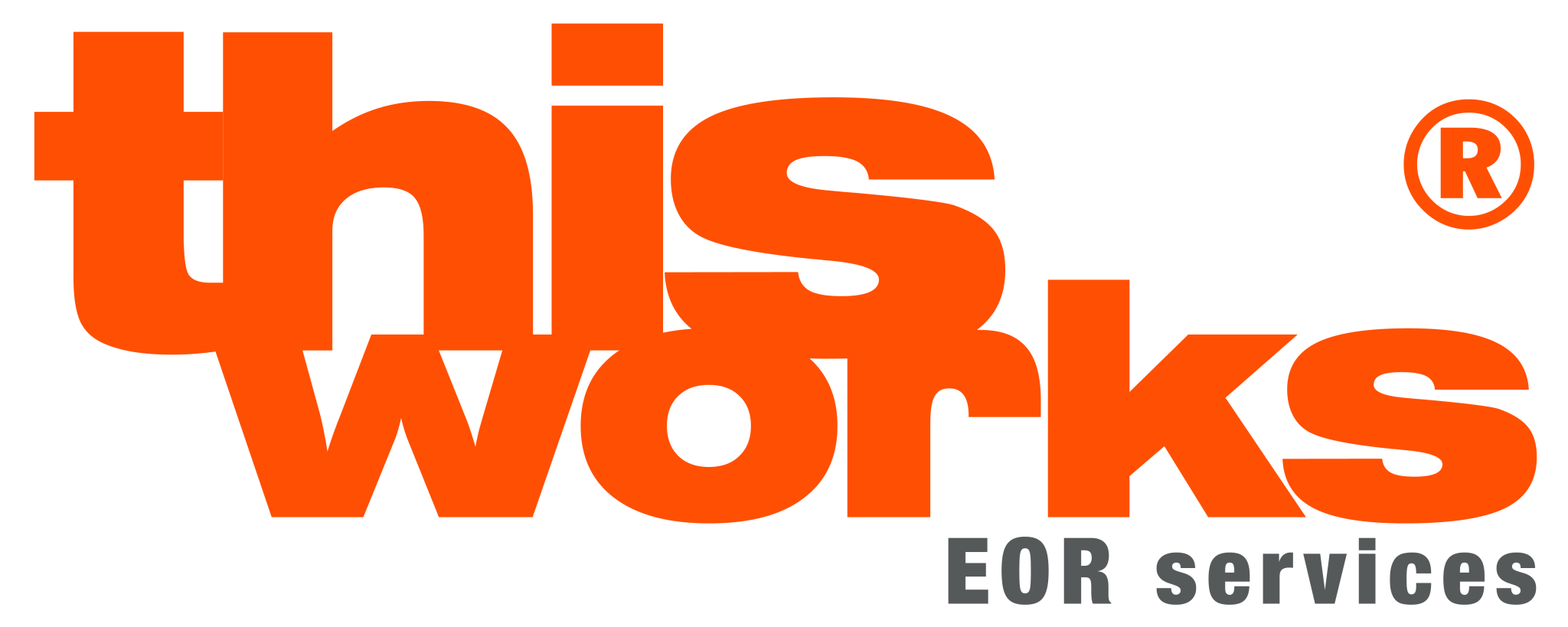The Netherlands“Tulips, clogs, cheese and tolerance”; a few words that can be related to The Netherlands, to some also known as Holland. The Netherlands is a small country within Europe. Nevertheless, The Netherlands contributes nearly 5 percent to the gross domestic product of the European Union, making it the sixth largest economy in the EU-28.
“Tulips, clogs, cheese and tolerance”; a few words that can be related to The Netherlands, to some also known as Holland. The Netherlands is a small country within Europe. Nevertheless, The Netherlands contributes nearly 5 percent to the gross domestic product of the European Union, making it the sixth largest economy in the EU-28.



Hiring in the Netherlands: A Comprehensive Guide
Welcome to our comprehensive guide on hiring in the Netherlands. Whether you’re an international corporation or a growing startup, securing top-notch talent is essential. The Netherlands boasts a vibrant job market with countless opportunities. Let’s dive in.
Table of Contents
- Understanding the Dutch Job Market
- Navigating Dutch Employment Regulations
- Cultural Insights and Work Ethic
- Steps to Hire the Ideal Candidate
- Frequently Asked Questions
Understanding the Dutch Job Market
The Netherlands: A Hub of Talent
The Dutch job market is a goldmine of skilled professionals across various sectors, including:
- Information Technology
- Engineering
- Finance
- Healthcare
- Creative Industries
Top Cities for Recruitment
When it comes to recruiting in the Netherlands, consider these key cities:
- Amsterdam – The business and tech epicenter
- Rotterdam – A maritime and logistics powerhouse
- Eindhoven – A hotspot for technology and innovation
- Utrecht – A central location with a thriving job market
Navigating Dutch Employment Regulations
Navigating Dutch employment regulations is crucial:
Work Permits & Visas
Ensure proper work permits and visas for non-EU nationals to comply with Dutch immigration laws.
Employment Contracts
Detailed contracts outlining terms, compensation, and conditions are a must. Dutch labor law mandates clarity.
Employee Rights & Benefits
Dutch employment law guarantees certain rights and benefits for employees, including:
- Working Hours: Employees typically work 8 hours a day and 40 hours a week.
- Vacation Days: Dutch law provides for a minimum of 20 paid vacation days per year.
- Parental Leave: Expectant parents can avail parental leave, with mothers typically entitled to 16 weeks of maternity leave.
- Sick Leave: Employees are entitled to sick leave, with sickness benefits provided by the employer.
- Termination Rules: Dutch labor law governs the termination process, outlining notice periods and severance pay.
Tax Considerations
Understanding Dutch tax laws is essential for businesses:
- Personal Income Tax: Progressive tax rates apply, ranging from 36.65% to 51.75%.
- Social Security Contributions: Both employees and employers contribute to social security.
- Corporate Income Tax: Companies face a corporate tax rate of 25% on profits.
- Value Added Tax (VAT): VAT is applicable to goods and services at various rates.
- Transfer Pricing Rules: Dutch regulations require fair pricing among related entities to prevent tax evasion.
- Transfer Pricing Rules: Dutch regulations require fair pricing among related entities to prevent tax evasion.
Cultural Nuances and Work Ethic
- Punctuality: Dutch value punctuality; arriving on time is a sign of respect.
- Directness: Expect straightforward communication; it’s a cultural norm.
- Work-Life Balance: Dutch prioritize work efficiency and personal life balance.
Steps to Hire the Right Candidate
The Hiring Process and EOR Options
Follow these steps to find the right fit:
- Job Posting: Utilize local job boards like Utilize local job boards such as Indeed.nl, LinkedIn, or Monsterboard.nl.
- Interview Process: Combine face-to-face interviews, practical assessments, and cultural fit evaluations.
- Reference Checks: Essential to contact previous employers.
- Onboarding: Implement a structured onboarding process to ensure a smooth integration into Dutch work culture.
Additionally, consider the option of using an Employer of Record (EOR) service:
Exploring EOR services can simplify hiring in the Netherlands. EOR providers handle administrative and legal aspects, including payroll and tax compliance.
Frequently Asked Questions
What are the key work permits and visa requirements for hiring Dutch employees?
Dutch employees can generally work freely within the EU. However, for non-EU nationals, work permits and specific visa requirements may apply. It’s essential to check with Dutch immigration authorities for the latest regulations.
What are the standard working hours in the Netherlands?
In the Netherlands, employees typically work 8 hours a day and 40 hours a week. Overtime is subject to compensation.
Are there any cultural differences in Dutch work etiquette that I should be aware of?
Dutch professionals highly value punctuality, direct communication, and a strong work-life balance. Understanding and respecting these cultural nuances can foster positive working relationships.
What are the mandatory benefits and leave entitlements for Dutch employees?
Dutch labor law guarantees benefits such as paid vacation days (minimum 20 per year), parental leave, and sickness benefits. Employers should be familiar with these entitlements.
What are the tax considerations for employers and employees in the Netherlands?
Employers and employees in the Netherlands are subject to various taxes, including income tax, social security contributions, and corporate income tax. Understanding these tax obligations is crucial for compliance.
Can I hire remote workers from the Netherlands for my international company?
Yes, the Netherlands allows remote work arrangements. Ensure that you comply with Dutch labor laws and tax regulations for remote employees.
Are there any regional incentives or grants available for businesses hiring in specific Dutch regions?
Some regions in the Netherlands offer incentives, such as reduced corporate tax rates or grants, to encourage businesses to establish a presence there. Research local investment incentives for potential benefits.
How can I stay updated on changing employment laws and regulations in the Netherlands?
Staying informed about legal changes is essential. Consider consulting with legal experts specializing in Dutch labor law or subscribing to government updates and industry publications for the latest information.
We are ready to support you on your expansion!
Hiring in the Netherlands offers numerous rewards, thanks to its diverse talent pool and strong work ethic. Adhering to local regulations, understanding cultural nuances, and maintaining transparent communication will facilitate a successful recruitment process.
- The vacation pay (holiday money) is 8% of the employee’s salary. This extra 8% will be paid out each month.
- Highly skilled migrants or new expats who are coming to work in The Netherlands, could be entitles to the 30% ruling. This tax discount is deducted from your gross salary and will be paid out net. This makes a big difference on the net pay of the employee which makes it even more attractive to hire!
We are ready to support you on your expansion!
Do not hesitate to reach out to us. You can reach us by dialing +31 244 400 300, send an email to hr@thisworks.nl or apply via our contact sheet!
Countries
United Kingdom
Hire local and foreign nationals in the United Kingdom within 48 hours. Our employer of record solutions in combination with our fast-track solutions for obtaining work permits makes it easy to hire in the UK.
Germany
Hire local and foreign nationals in Germany within 48 hours. Our employer of record solutions in combination with our fast-track solutions for obtaining work permits makes it easy to hire in Germany.
The Netherlands
Hire local and foreign nationals within 48 hours. Our employer of record solutions in combination with our fast-track possibilities for obtaining work permits, makes it easy for you to hire in The Netherlands.
Poland
Hire local and foreign nationals in Poland within 48 hours. Our employer of record solutions in combination with our fast-track solutions for obtaining work permits makes it easy to hire in Poland

